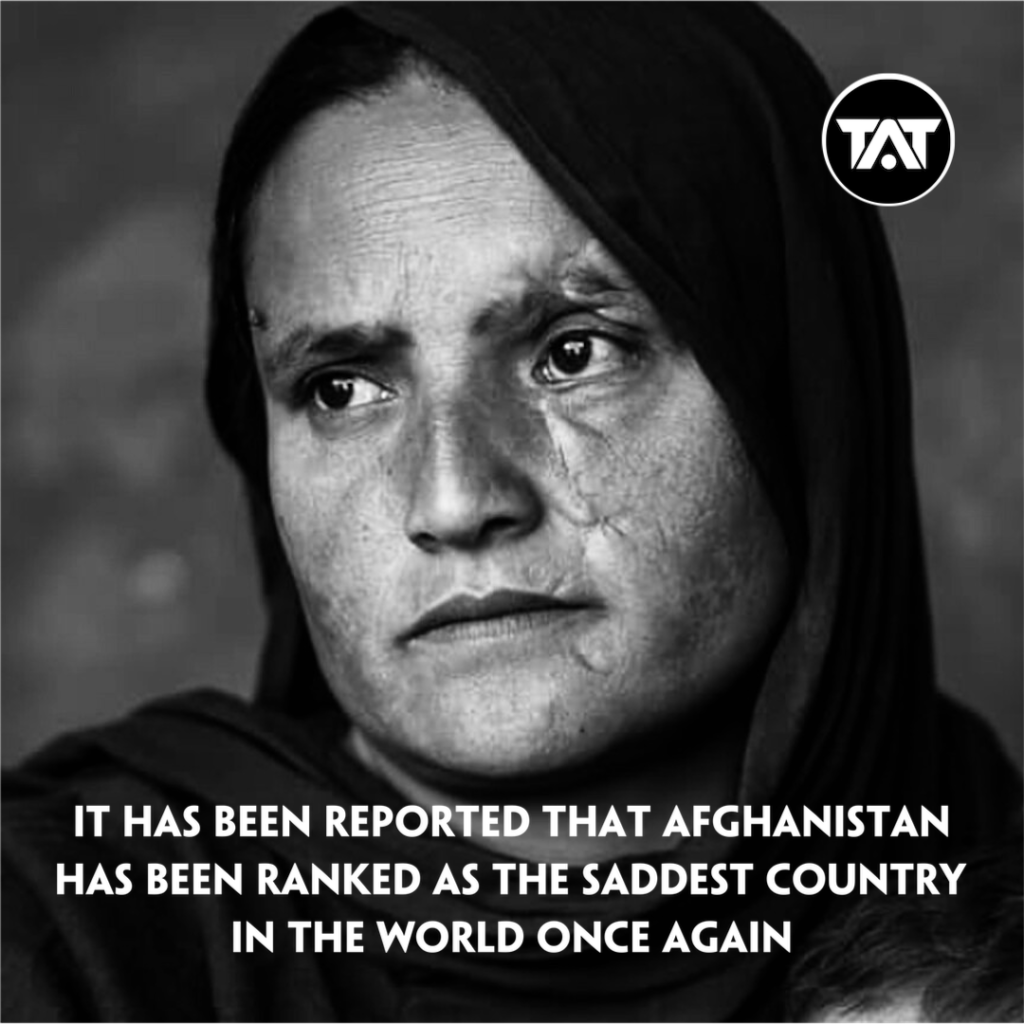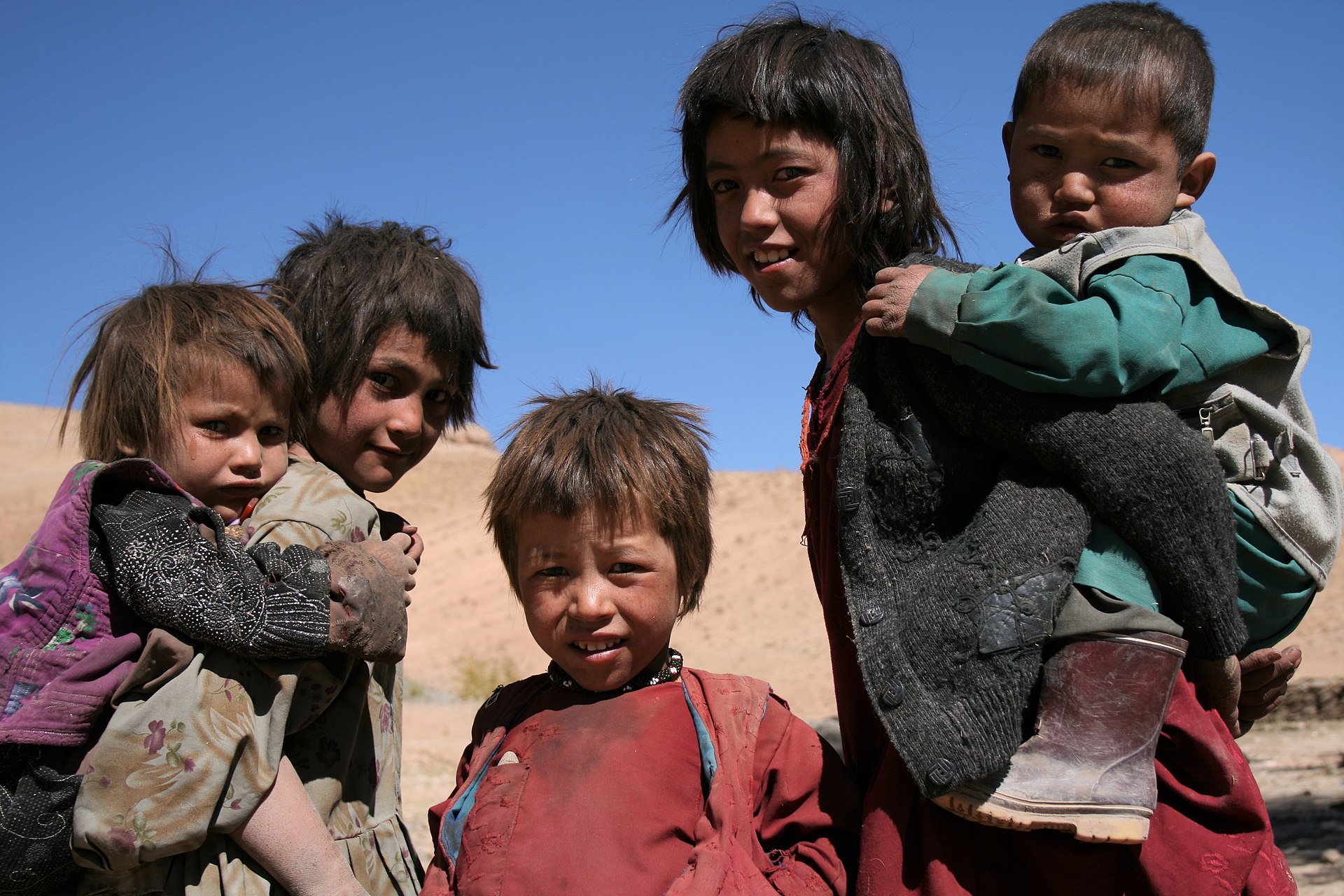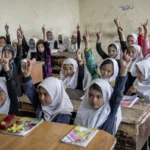On Wednesday, March 20, the Gallup organization published the outcomes of a fresh global survey in its yearly report on world happiness, affirming Afghanistan’s position among the most unhappy nations since 2012.
This ranking is based on the average evaluation from 2021 to 2023. Afghanistan has held the title of the saddest country globally for the past three years.
In contrast, Finland has clinched the title of the happiest country for the seventh consecutive year among other nations.
Finland, located in Northern Europe, boasts significant economic prowess and robust social welfare systems.
This data was garnered from Gallup’s international poll, where approximately a thousand respondents from over 140 countries provided input.
Following Afghanistan, countries like Lebanon, Lesotho, Sierra Leone, Congo, Zimbabwe, Botswana, Malawi, Equatorial Guinea, and Zambia comprise the list of the ten most unhappy nations globally.
Conversely, Finland, Denmark, Iceland, Sweden, Israel, the Netherlands, Norway, Luxembourg, Switzerland, and Australia occupy the top ten spots as the world’s happiest countries.
At present, Great Britain holds the 20th spot, while the United States is ranked 23rd.

However, the pertinent question remains: What are the root causes of the prevailing unhappiness and sorrow in Afghanistan?
Parven, a resident of Nangrahar Province, lamented the deprivation of fundamental rights, especially the right to employment, as a primary source of her distress.
She expressed, “Following the Taliban regime, we were stripped of our jobs, and any semblance of joy in our lives vanished. With ongoing restrictions, our homes have become somber meeting places. The happiness we once cherished has now eluded us.”
Mobin, residing in Kabul, underscored the political and economic tumult in Afghanistan as a major cause of anguish.
Mobin stated, “The prevailing political unrest and economic strife in Afghanistan are deeply concerning. Basic essentials such as home and vehicle insurance are overlooked. The thought of being unable to afford medical care for my family in case of illness is a constant worry.”
Mahmood, a resident of Kabul, attributed the populace’s discontent to security concerns and the loss of loved ones in security-related incidents.
Mahmood conveyed, “Afghanistan faces unparalleled challenges. For instance, a close friend was tragically killed in a terrorist attack two months ago. The aftermath is devastating for families. Many are left disabled, their lives shattered. The pervasive grief and mental anguish are pervasive.”
Mahmood noted the absence of recreational facilities for families, with existing amenities dwindling since the Taliban’s resurgence.
The Gallup report gauges happiness levels and life satisfaction across various nations.
The World Happiness Report is a partnership among Gallup, the Oxford Wellbeing Research Centre, the UN Sustainable Development Solutions Network, and the World Happiness Report’s Editorial Board.










